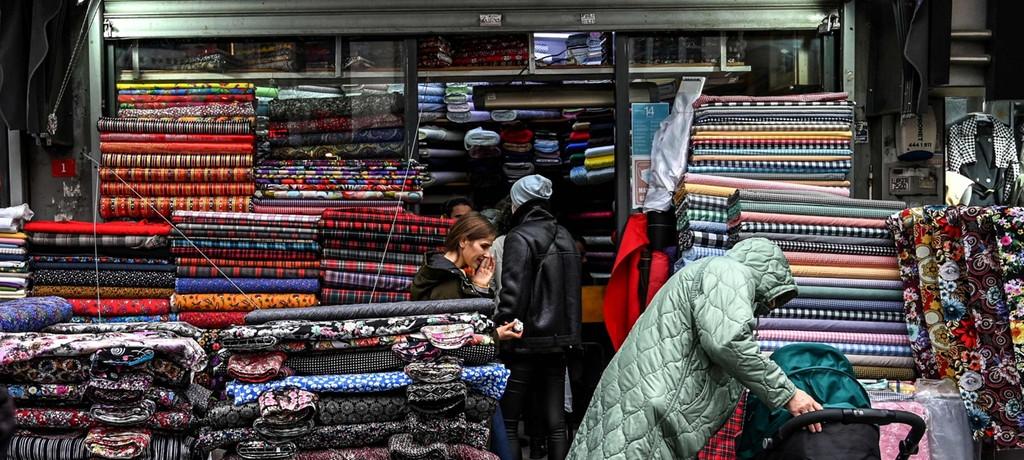In Babadağ, the cradle of the Turkish textile industry, the machines are standing still. The reason: the companies can no longer pay the sharp rise in electricity costs.
Turkey’s textile history stretches far back to the times of the Ottoman Empire. Since then, the Turks have made a name for themselves above all as producers. This branch of industry accounts for around ten percent of the Turkish economy. About eight percent of Turkish employees work in the textile industry. Despite the strong competition from Asia, the sector is an important factor for the Turkish economy. Babadağ is a small town in the Turkish province of Denizli in western Asia Minor, about 7000 people live here. The textile industry has made a living here for centuries. Babadağ is considered a symbol, the origin of the Turkish textile industry, even if there are now larger production sites. Over the centuries, people have become more and more specialised: the focus is not on mass production, but on custom-made products. The city is famous for the very popular and important wedding clothing. The big studios in Hollywood have also ordered their costumes here.
Inflation, loss of purchasing power, unemployment
But now the approximately 4,000 looms are standing still. Blame the sharp rise in electricity costs — and an inflation rate of almost 50 percent. Many companies can no longer pay the bills and have to stop production for the time being. This has serious consequences for employees: they often have to stay at home without pay. At the same time the cost of living has increased because the money is worth less. Şahin Çetin has been a textile entrepreneur for 25 years. He has a small business with 20 weaving machines and three employees. This week he received his electricity bill. A shock for him: 127 percent more than in the last month. He stopped his machines and sent the employees home. Çetin does not know what will happen next. He is now considering raising his prices. But that could scare customers away – a vicious circle. It’s not just an economic catastrophe. The people here view the increasing unemployment with concern. The Turkish State Statistical Institute (TÜIK) has just published the figures: 11.2 percent unemployment. The number of unreported cases could be higher.
Unprecedented energy crisis
Turkey is in the middle of an energy crisis. The gas shortage is increasingly becoming a problem. The important importer Iran sometimes delivers more, sometimes less, sometimes nothing at all. The consequences are production stops and power outages in industry. And when there’s electricity, it gets expensive. Runaway inflation is making everything more expensive and fuel bills are skyrocketing. This is the first time Turkey has experienced such widespread disruption in the energy and gas markets. Concerns about further supply interruptions or failures are therefore growing in the Turkish industry. Many entrepreneurs fear that Turkey’s reputation as a trustworthy production location could suffer. In view of the depreciation of the currency and an unorthodox monetary policy pursued by President Recep Tayyip Erdoğan with interest rate cuts to combat inflation, the country is already the focus of international interest.
Elections are coming up
Important elections are coming up in Turkey next year. President Erdoğan wants to be re-elected. He can’t afford a weakening economy. That’s why he has to end the economic crisis quickly — a difficult task in view of the general conditions. The Turkish central bank expects inflation to peak at 55 percent in May. In any case, textile entrepreneur Çetin and the people in the textile town of Babadağ hope that their machines will soon be running again and they can return to work. A further increase in energy costs could prevent this and spell the end of the local textile industry.

